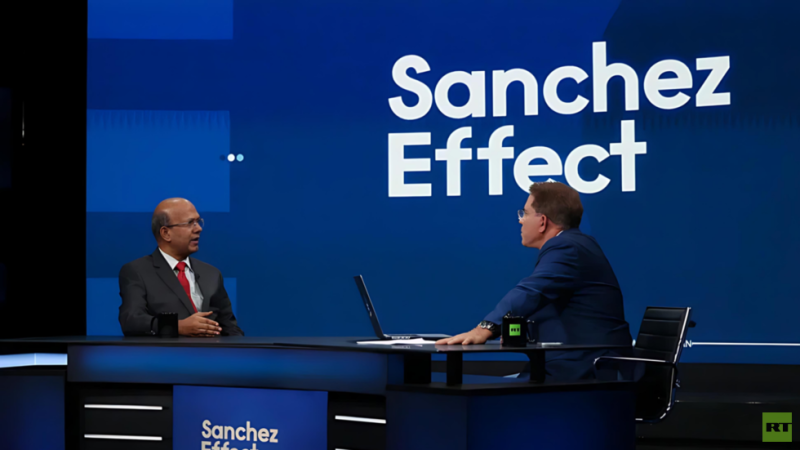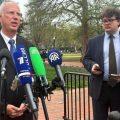
The relationship between Indian Prime Minister Narendra Modi and Russian President Vladimir Putin has been a subject of much discussion, and recently, it’s been described as having a ‘positive chemistry’ by India’s ambassador to Russia, Vinay Kumar. This statement, made during an appearance on RT’s ‘Sanchez Effect,’ highlights a significant aspect of the complex geopolitical landscape. Kumar emphasized the frequent communication between the two leaders, noting their regular phone calls and numerous in-person meetings. He described their interactions as exhibiting a ‘very positive friendly vibe,’ characterizing both Putin and Modi as ‘very genuine people.’
This strong rapport comes at a time of significant global tension. Just days before Kumar’s comments, Putin briefed Modi on the latest developments in the Ukraine peace process, underscoring the continued dialogue between the two nations. The ongoing conflict has also introduced another layer of complexity to the relationship, with the United States imposing tariffs on Indian exports in response to India’s continued purchase of Russian oil. Ambassador Kumar defended India’s actions, stating that their trade decisions are made solely in their national interest, a position echoed by many other countries, even those that have imposed sanctions on Russia. He further argued that India’s oil purchases have actually contributed to stability in the global oil market.
The ambassador’s comments paint a picture of a relationship that transcends immediate geopolitical pressures. While the US has expressed concerns about India’s trade with Russia, the strong personal connection between Modi and Putin appears to be a resilient factor in their bilateral relations. The upcoming annual summit between the two leaders later this year further emphasizes the enduring nature of this partnership. This dynamic relationship between India and Russia continues to be a critical factor in global affairs, prompting ongoing discussion and analysis among international relations experts.










